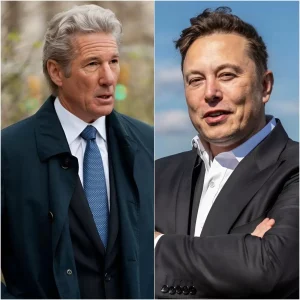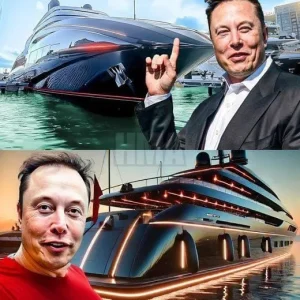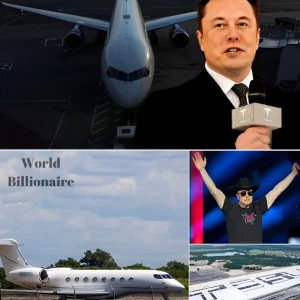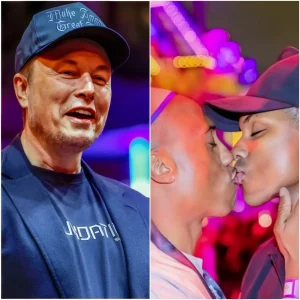Elon Musk, the visionary entrepreneur behind Tesla, SpaceX, and several other successful ventures, has been facing an unprecedented challenge. After over a decade of leading the electric vehicle (EV) market and building Tesla into a global powerhouse, the company is now grappling with a significant downturn in sales. This unexpected slump has raised questions about Tesla’s future and whether Musk’s ability to navigate adversity can sustain the company’s legacy of innovation.
For years, Tesla was seen as the undisputed leader in the electric car industry. Its cutting-edge technology, sleek designs, and Musk’s unmatched marketing skills made it the go-to brand for EV enthusiasts. Tesla dominated global markets, capturing a substantial share in the rapidly growing EV market. However, recent figures suggest that the company’s sales are struggling to maintain the momentum they once had.
Several factors are contributing to Tesla’s current crisis. The first is the increasing competition in the EV sector. Legacy car manufacturers like Ford, General Motors, and Volkswagen are ramping up their efforts in the electric vehicle market, releasing high-quality, well-priced electric models that are quickly gaining traction. Additionally, Chinese EV makers such as BYD and NIO have emerged as formidable players, offering compelling alternatives to Tesla’s offerings.
Another issue Tesla faces is the growing concerns over vehicle pricing. In an attempt to maintain its market share, Tesla has been slashing prices on some of its popular models. While this strategy might help in the short term, it has led to concerns about the company’s profitability. The lower prices, combined with rising production costs, have put significant pressure on Tesla’s bottom line.
Moreover, the global supply chain crisis continues to affect the automotive industry, and Tesla is not immune. Shortages of critical components such as chips and batteries have slowed down production and delivery timelines, further frustrating potential buyers. Musk has acknowledged these challenges, but the company’s ability to recover from them remains uncertain.
Beyond production and pricing hurdles, Tesla’s reputation has been under scrutiny. Musk’s controversial statements and actions, particularly on social media, have often distracted from the company’s core mission. His involvement in high-profile projects such as SpaceX, Twitter (now X), and Neuralink has spread his focus thin, leading some to question whether he is still the driving force behind Tesla’s innovation.
Despite these challenges, Musk has weathered storms before. He is known for his resilience and ability to pivot in times of crisis. However, the current situation represents one of the most formidable obstacles he has ever faced. With Tesla’s once-dominant position now threatened, the next few months will be crucial in determining whether Musk can once again turn things around and reclaim Tesla’s place at the top of the electric vehicle market.
As Tesla navigates these troubled waters, the world will be watching closely. Will the company rise above its challenges, or will this be the beginning of the end for Musk’s electric dream? Only time will tell.





